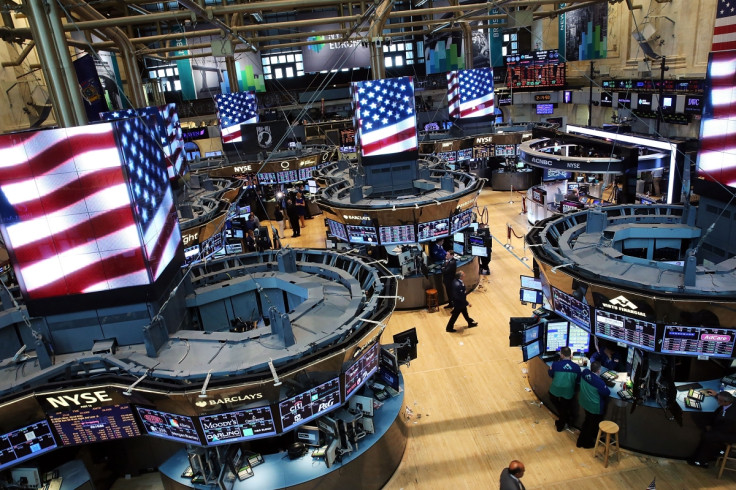US market report: Dow and Nasdaq broadly flat, as JP Morgan's results impress

US equity markets were largely unchanged early on 14 January as Wall Street looked to recoup part of the losses it recorded in the previous session, when the main benchmarks recorded their biggest losses in three months.
Shortly after the opening bell, the Dow Jones Industrial Average was broadly flat at 16,157.03, while the S&P 500 and the Nasdaq were 0.06% and 0.08% higher respectively.
The Dow Jones Industrial Average and the S&P fell 2.2% and 2.5% respectively in the previous session, tumbling to their lowest level since 29 September 2015 after oil prices extended losses following disappointing data from the US crude inventories.
Crude prices, however, looked to have regained a certain degree of stability, with both West Texas Intermediate and Brent crude gaining approximately 0.6% to $30.69 (£21.31, €28.10) and $30.49 a barrel respectively.
"[Thursday] finds US indices trading down marginally but it's hard to say if this means that yesterday's selling pressure is subsiding or if the bulls, who have tried to spark rallies the last two days only to fail, remain on the sidelines," said Colin Cieszynski, analyst at CMC Markets.
Among individual stocks, JP Morgan gained ground after posting better-than-expected quarterly results before the opening bell, while sector peer Goldman Sachs was also in the black after The Wall Street Journal revealed the bank plans to cut up to 10% of its fixed-income traders and salespeople in 2016.
On the macroeconomic front, the average number of Americans who applied for unemployment benefits in the past month rose to the highest level since July, according to official government data.
Figures released by the Labor Department showed the four-week average of initial jobless claims rose by 3,000 to 278,750, reaching the highest level in six months and higher than analysts' expectations for a 275,000 reading.
Meanwhile Initial jobless claims for the first full week of January, meanwhile, rose by 7,000 to a seasonally adjusted 284,000 in the week to 9 January.
"We see nothing in these data or other indirect measures of labour market activity to suggest that payroll growth will slow anytime soon, beyond the inevitable reversal of the boost to sectors like construction from the very warm late fall and early winter weather," said Ian Shepherdson, chief economist at Pantheon Macroeconomics.
Elsewhere, European stocks were all firmly in the red after Asian markets, with the notable exception of the Shanghai Composite Index, had taken their cue from 13 January's disappointing US session and plunged into the red.
© Copyright IBTimes 2025. All rights reserved.



















